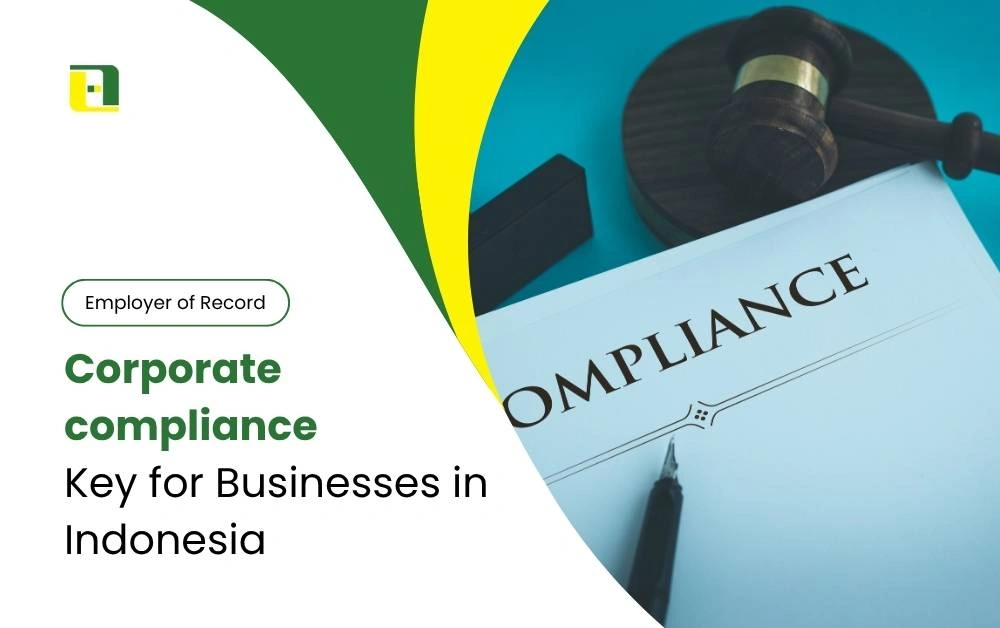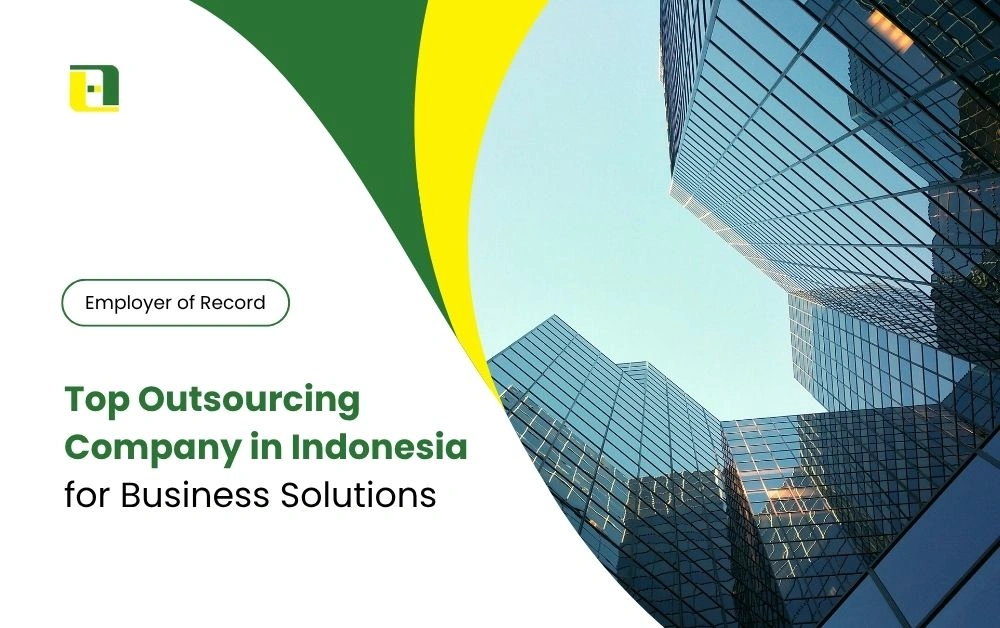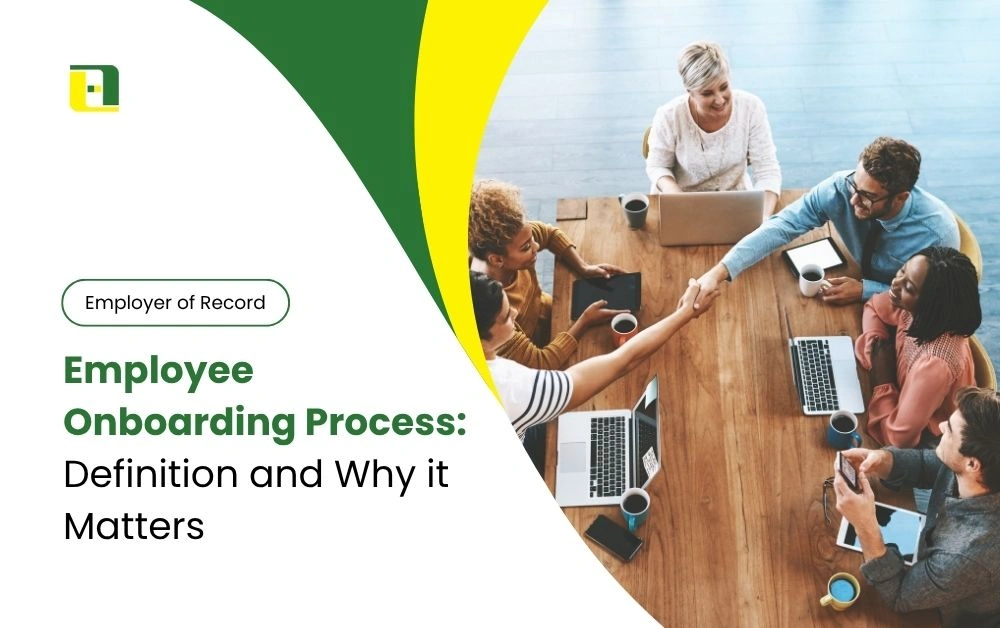In Indonesia, foreign employees require a combination of work permits and stay permits to legally work and reside in the country. The process involves several steps and multiple governmental agencies, including the Ministry of Manpower and the Directorate General of Immigration.
Below is a comprehensive guide detailing the process and requirements for Indonesia work permit:
Understanding the Key Permits
- RPTKA (Rencana Penggunaan Tenaga Kerja Asing): This is the Foreign Workers Utilization Plan, a document that employers must obtain to hire foreign employees.
- IMTA (Izin Mempekerjakan Tenaga Kerja Asing): This is the work permit issued by the Ministry of Manpower.
- VITAS (Visa Tinggal Terbatas): This is a limited stay visa that allows entry into Indonesia for work purposes.
- KITAS (Kartu Izin Tinggal Terbatas): This is the limited stay permit card that foreign employees must hold to legally reside in Indonesia.
Steps to Obtain The Indonesia Work Permits
A. RPTKA (Foreign Workers Utilization Plan)
- Preparation: The employer must prepare a detailed plan outlining the need for foreign workers, including the job description, qualifications, and duration of employment.
- Submission: Submit the RPTKA application to the Ministry of Manpower. The application can be submitted online through the Ministry of Manpower’s website (TKA Online).
- Approval: The Ministry of Manpower reviews the application and, if approved, issues the RPTKA. This approval is necessary before any foreign employee can be hired.
Source:
- Ministry of Manpower: https://www.kemnaker.go.id/
B. IMTA (Work Permit)
- Application: Once the RPTKA is approved, the employer can apply for the IMTA. This application is also submitted through the Ministry of Manpower’s online system.
- Requirements: Documents required include the RPTKA approval, a copy of the employment contract, the foreign worker’s passport, and the employer’s business license.
- Payment: Pay the required fees for the IMTA. The fees vary depending on the duration of the work permit.
- Issuance: Upon approval, the Ministry of Manpower issues the IMTA, allowing the foreign employee to work legally in Indonesia.
Source:
- Ministry of Manpower: https://www.kemnaker.go.id/
Read more: Work Permit in Indonesia: Essential Formalities You Need to Know
C. VITAS (Limited Stay Visa)

- Pre-Arrival Process: Before the foreign employee arrives in Indonesia, the employer must apply for a VITAS at the Directorate General of Immigration. This visa is typically processed through the Indonesian embassy or consulate in the foreign employee’s home country.
- Requirements: Necessary documents include the IMTA, the employee’s passport, a recent photograph, and a completed visa application form.
- Approval: Once the VITAS is approved, it is issued by the Indonesian embassy or consulate, allowing the employee to enter Indonesia.
Source:
- Directorate General of Immigration: https://www.imigrasi.go.id/
D. KITAS (Limited Stay Permit Card)
- Post-Arrival Process: After entering Indonesia with a VITAS, the employee must convert the VITAS to a KITAS. This process is done at the local immigration office in Indonesia.
- Requirements: Required documents include the VITAS, IMTA, the employee’s passport, the employer’s letter of sponsorship, and proof of residence in Indonesia.
- Biometrics and Interview: The employee must undergo a biometrics session (fingerprinting and photo) and an interview at the immigration office.
- Issuance: Once approved, the KITAS is issued. It is typically valid for one year and can be renewed annually.
Source:
- Directorate General of Immigration: https://www.imigrasi.go.id/
Read more: Indonesia KITAS – Application and Requirements in 2024
Additional Considerations for Indonesia Work Permit
A. Domicile and Reporting
- Domicile Letter: Obtain a domicile letter from the local municipality, confirming the employee’s place of residence.
- Reporting: The foreign employee must report to the local civil registry to obtain a temporary resident registration certificate (SKTT).
B. Renewal and Extension
- Renewal Process: Both the IMTA and KITAS can be renewed annually. The renewal process requires the submission of updated documents and continued compliance with the Ministry of Manpower and immigration regulations.
- Extension of RPTKA: If the employment contract is extended, the RPTKA must also be renewed accordingly.
C. Dependent Visas
- Family Members: Spouses and children of the foreign employee can obtain dependent visas (KITAS for family unification) through a similar process, with sponsorship by the primary KITAS holder.
Practical Implications for Employers and Employees
A. Employer Responsibilities
- Compliance: Ensure compliance with all regulatory requirements, including timely submission of applications and renewals.
- Documentation: Maintain accurate records of all permits and related documentation.
- Support: Provide assistance to foreign employees throughout the permit application process.
B. Employee Responsibilities
- Adherence: Adhere to Indonesian laws and regulations, including timely reporting to authorities.
- Renewals: Ensure timely renewals of KITAS and work permits to avoid legal issues.
Summary
Obtaining Indonesia work permit and stay permits for foreign employees in Indonesia is a multi-step process involving several governmental agencies. It requires thorough preparation, compliance with regulations, and timely submission of applications. Employers and foreign employees must collaborate closely to navigate this process efficiently.
Sources:
- Ministry of Manpower: https://www.kemnaker.go.id/
- Directorate General of Immigration: https://www.imigrasi.go.id/








